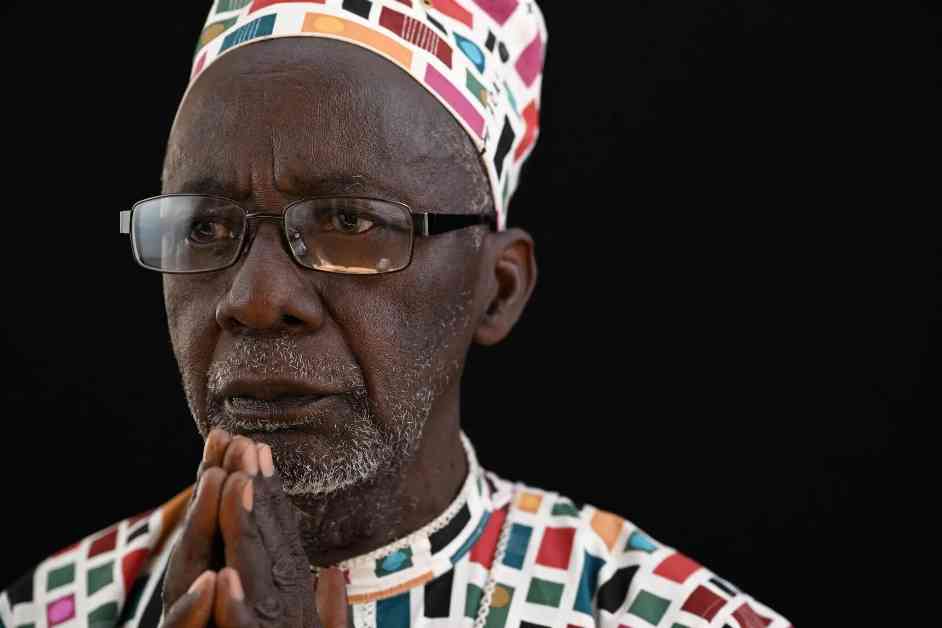Renowned Malian Filmmaker Souleymane Cissé Leaves a Lasting Legacy
In 1987, the Cannes Film Festival witnessed a historic moment when Malian filmmaker Souleymane Cissé’s revolutionary work, Yeelen, became the first African film to win the Jury Prize in the official competition. Dressed in a striking sky-blue boubou adorned with vibrant silk threads, Cissé stood out among a sea of bow ties as he dedicated the prestigious award to the silenced South African technicians, a powerful gesture honoring those oppressed under apartheid.
Yeelen, meaning “the light” in his native Bambara, narrates an initiatory fable set in the desert, weaving a tale of myths and magic where a young warrior battles trials set by his father. This story of generational confrontation mirrors Cissé’s other acclaimed works, like Finyé, which delves into the clash between university students and traditional values, foreshadowing the pro-democracy uprisings in Bamako.
Throughout his illustrious career, Cissé crafted nine landmark feature films that have left an indelible mark on African cinema. His pioneering spirit not only inspired generations of filmmakers but also garnered praise from industry icons like Martin Scorsese and Spike Lee. Tragically, Cissé passed away on February 19 at the age of 84 in Bamako, mere days before he was to lead the jury at the Pan-African Film and Television Festival of Ouagadougou.
The Journey of a Visionary
Born on April 21, 1940, in Mali’s capital, Bamako, Cissé’s passion for cinema blossomed during his formative years in Dakar. Witnessing Mali’s independence in 1960 fueled his political awakening, intertwining his cinematic pursuits with a quest for social change. This fervor led him to the Russian State University of Cinematography in Moscow, where he honed his craft alongside luminaries like Ousmane Sembène.
Returning to Mali, Cissé navigated a tumultuous political landscape, using his films to challenge societal norms and colonial legacies. Despite facing obstacles and censorship, his works like Den Muso and Baara laid the foundation for his Cannes breakthrough with Finyè, propelling him to international acclaim.
A Lasting Legacy
Cissé’s cinematic opus continued to evolve, with his 2015 film O Ka shedding light on personal struggles, including his sisters’ eviction from their childhood home. This poignant narrative underscored Cissé’s commitment to portraying raw human experiences, transcending cultural boundaries to resonate with global audiences.
In 2023, Cannes paid tribute to Cissé’s unparalleled contributions by awarding him the prestigious Carrosse d’Or, a testament to his enduring impact on world cinema. In his acceptance speech, Cissé expressed gratitude for the recognition, emphasizing his dedication to pushing artistic boundaries and inspiring future filmmakers.
Beyond his cinematic prowess, Cissé was a vocal advocate for African filmmakers, urging them to seek financial independence and challenge prevailing narratives. His daughter Fatou’s documentary, “Hommage d’une fille à son père,” beautifully encapsulates the profound bond between a father and his artistic legacy, immortalizing Cissé’s enduring spirit.
As we bid farewell to a visionary who revolutionized African cinema, Souleymane Cissé’s legacy serves as a beacon of hope, illuminating the transformative power of storytelling and the enduring spirit of cinematic pioneers.

